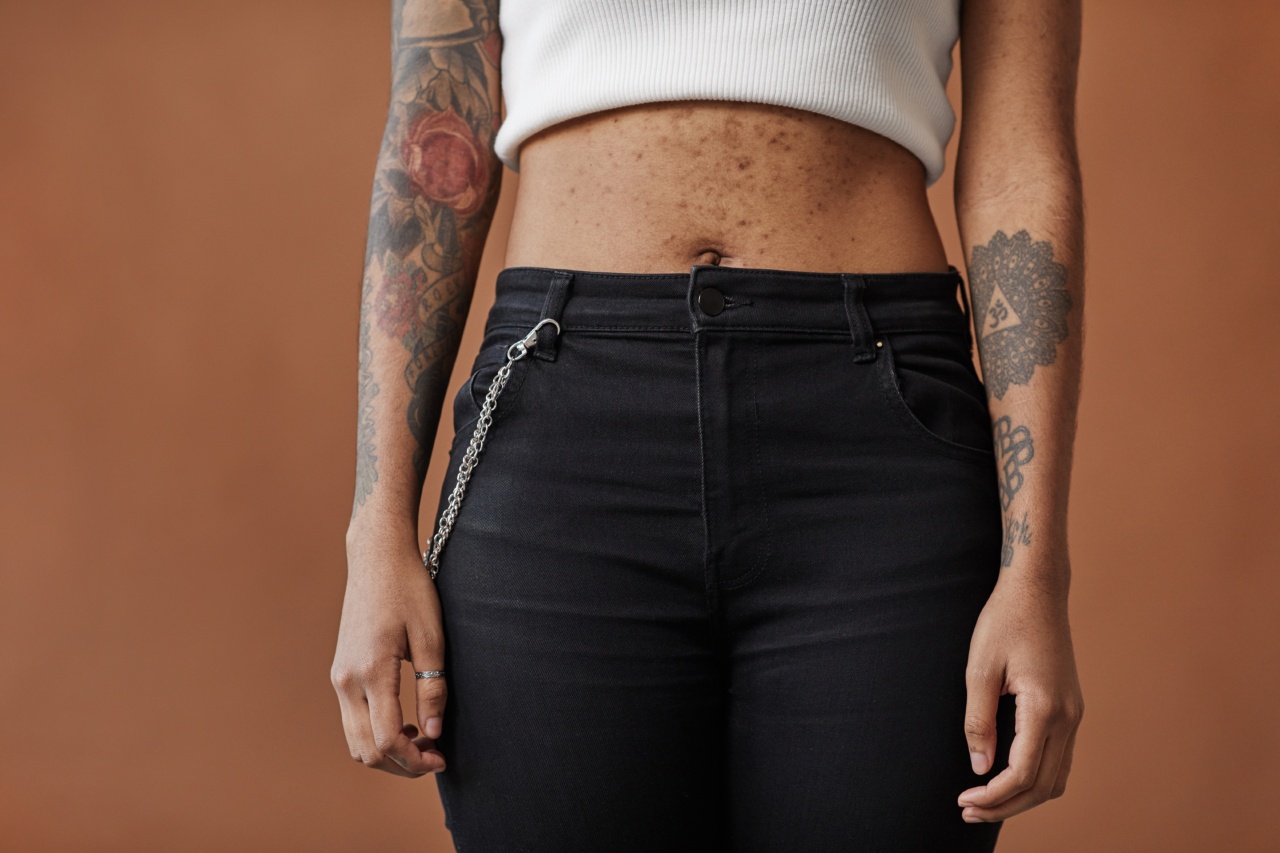Acne is a common problem for most people, especially during their teenage years. It is a condition where the hair follicles become clogged with oil and dead skin cells, leading to the formation of pimples, blackheads, and whiteheads.
Acne can cause distress and affect one’s self-esteem, which is why it is essential to understand its causes to effectively manage and prevent it. In this article, we will discuss the top 30 causes of acne.
1. Hormones
Changes in hormone levels, particularly during puberty, pregnancy, and menstruation, can cause acne. Androgens are male hormones that females also produce.
They trigger the sebaceous glands to produce more oil, leading to clogged pores and acne breakouts.
2. Genetics
Genetics plays a role in acne development. If your parents had acne, then you are more likely to develop it.
3. Stress
Stress can cause hormonal imbalances that lead to the production of excess oil, which can clog pores and cause breakouts.
4. Medications
Certain medications may trigger acne breakouts. Examples include corticosteroids, oral contraceptives, and anticonvulsants.
5. Diet
Studies have shown that a high-glycemic diet (sugary and processed foods) can trigger acne. Dairy products and high-fat foods may also contribute to acne development.
6. Poor Hygiene
Not washing your face regularly, sleeping on dirty pillows, and using dirty makeup brushes can cause the buildup of bacteria and oil, leading to acne.
7. Environmental Factors
Exposure to pollutants, humidity, and extreme temperatures can cause acne.
8. Makeup
Makeup can clog pores, leading to acne breakouts. It is essential to look for non-comedogenic and oil-free products.
9. Overwashing
Washing your face too much can strip it of its natural oils, leading to dryness and acne breakouts.
10. Hormonal Imbalances
Imbalances in hormones, such as insulin and cortisol, can trigger acne.
11. Poor Diet
A diet that lacks essential nutrients such as vitamin A, vitamin E, and zinc can lead to the development of acne.
12. Excessive Sweating
Excessive sweating can cause pores to become clogged with sweat and debris, leading to acne breakouts.
13. Smoking
Smoking can affect blood flow to the skin, leading to the formation of pimples and other skin issues.
14. Picking at Your Skin
Picking at your skin can worsen existing acne and cause new breakouts.
15. Lack of Sleep
Not getting enough sleep can lead to hormonal imbalances, which can cause acne breakouts.
16. Bacteria
Bacteria such as Propionibacterium acnes can cause acne.
17. Medications with Iodides
Medications with iodides, such as certain cough syrups, can trigger acne breakouts.
18. Friction
Friction caused by wearing tight clothing or constantly rubbing your skin can cause acne breakouts.
19. Overuse of Skincare Products
Overusing skincare products can irritate the skin and cause acne breakouts.
20. Overuse of Hair Products
Hair products that contain oils can transfer to the skin and cause acne breakouts.
21. Cleaning Routines
Over-exfoliating, using harsh scrubs or toners, and using hot water on your skin can irritate it and cause acne breakouts.
22. Allergies
Allergies to certain foods or substances can cause acne breakouts.
23. Estrogen Levels
Estrogen levels that are too low or too high can cause acne breakouts.
24. Sun Exposure
Excessive sun exposure can cause inflammation and lead to acne breakouts.
25. Poor Immune System
A poor immune system can lead to the growth of bacteria and viruses that cause acne.
26. Undiagnosed Medical Conditions
Undiagnosed medical conditions, such as polycystic ovarian syndrome (PCOS), can cause acne.
27. Skin Type
People with oily skin are more prone to acne breakouts than those with dry skin.
28. Age
Acne is more common during puberty, but it can also affect adults in their 20s and 30s.
29. Gender
Males are more prone to severe acne than females.
30. Chemical Exposure
Exposure to chemicals, such as chlorine, solvents, and pesticides, can cause acne.































